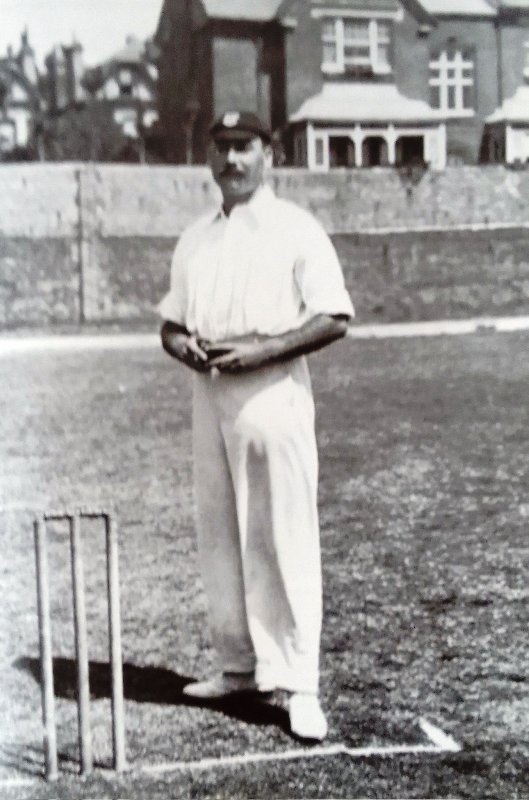Fred Tate was an England cricketer who played a solitary test in 1902. On Saturday morning, there was more rain, causing the wicket to deteriorate, so England was apprehensive about scoring the 124 runs they needed for victory. In the 50 minutes before lunch, Archie MacLaren and his new partner, Lionel Palairet, took the score to 36. After lunch, with the weather threatening, England tried to accelerate, losing wickets in the process; however, they were clear favorites, with the score at 92 for three.
Hugh Trumble and Jack Saunders, backed by superb fielding, brought about a collapse, with six wickets falling for 24 runs. As England’s last man, Fred Tate, made his way to the wicket, eight runs were needed to win the match. Before he reached the middle, the heavens opened, and the players scrambled for cover. Who would want to be in Tate’s boots now?
I wonder whether he wanted the rain to stop, but it did after an agonizing delay of three-quarters of an hour. When they resumed, Fred Tate edged Jack Saunders’ first ball for four, and England was one boundary away from a famous victory. He survived the next two balls, but the fourth kept a little low and bowled him.
The match was over, and Australia had won by three runs. It wasn’t Tate’s fault, but the game has unkindly been known as ‘Tate’s match ever since. He never played for England again, though he continued to take a stack of wickets for Sussex. Australian opening batsman Victor Trumper 104, and England’s Stanely Jackson scored 128 on a difficult pitch in the first inning.
